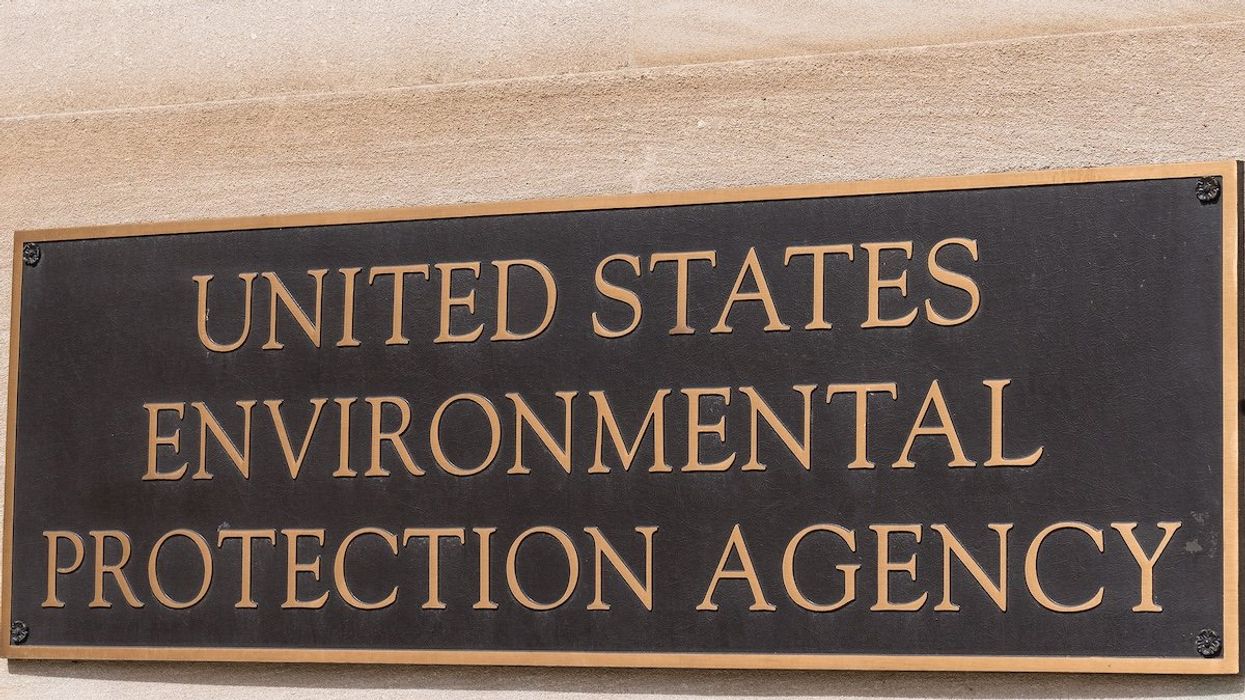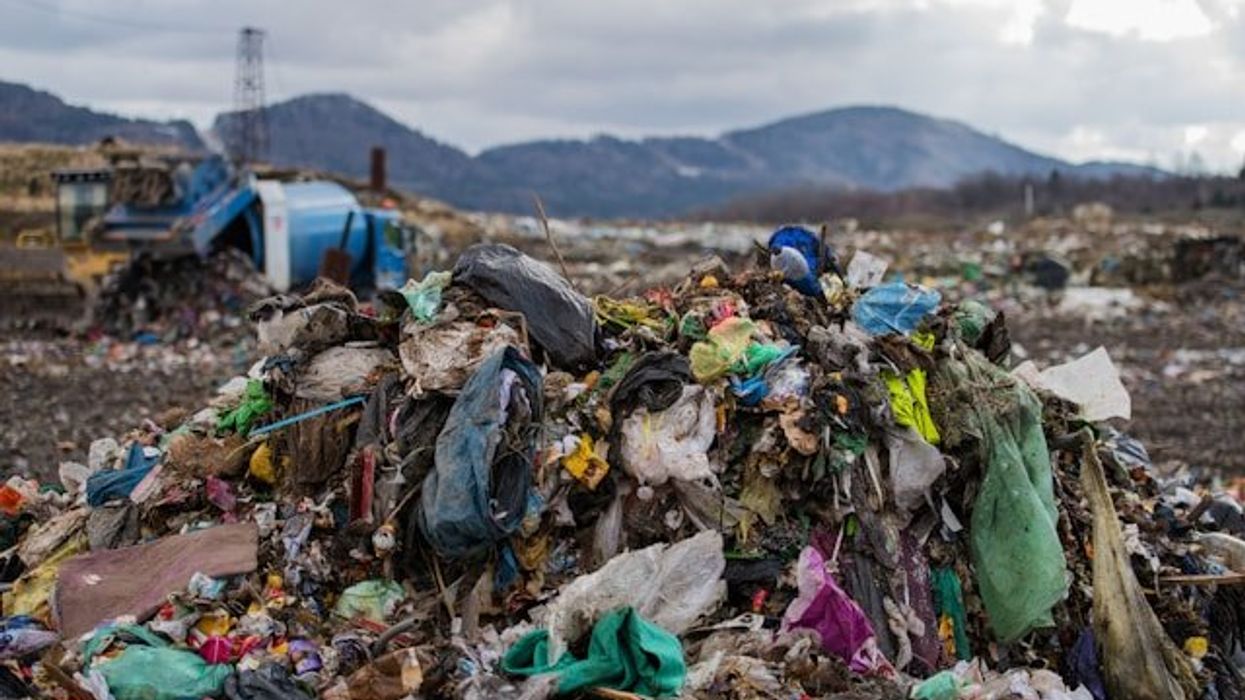Urban wildflowers meant to support pollinators may instead be poisoning them, thanks to toxic metals lingering in post-industrial soil.
Helena Horton reports for The Guardian.
In short:
- University of Cambridge researchers found common urban wildflowers like chicory and white clover can absorb heavy metals such as lead, arsenic, and cadmium from contaminated soil.
- These metals then show up in nectar and get passed to bees, affecting their brain function and contributing to declining populations.
- While scientists still encourage wildflower planting, they recommend checking for soil contamination — especially in post-industrial areas — before turning vacant lots into pollinator havens.
Key quote:
“It’s really important to have wildflowers as a food source for the bees, and our results should not discourage people from planting wildflowers in towns and cities.”
— Dr. Sarah Scott, University of Cambridge Department of Zoology and first author of the report
Why this matters:
Our industrial past still haunts today’s green efforts. Health, for both pollinators and people, starts with the ground beneath our feet. With bee populations already under stress, adding toxic nectar to the mix could further tip the scales. The takeaway isn’t to stop planting wildflowers, but to first know what's in the soil by testing it and cleaning it.
Read more: Reducing soil toxics in community gardens














